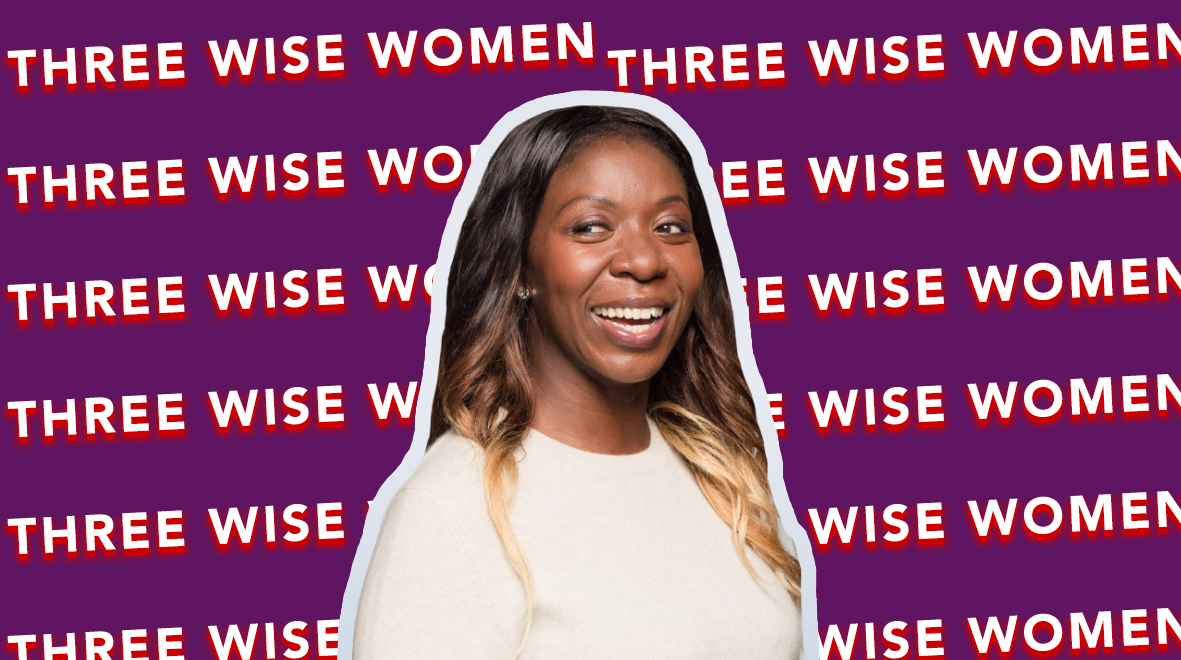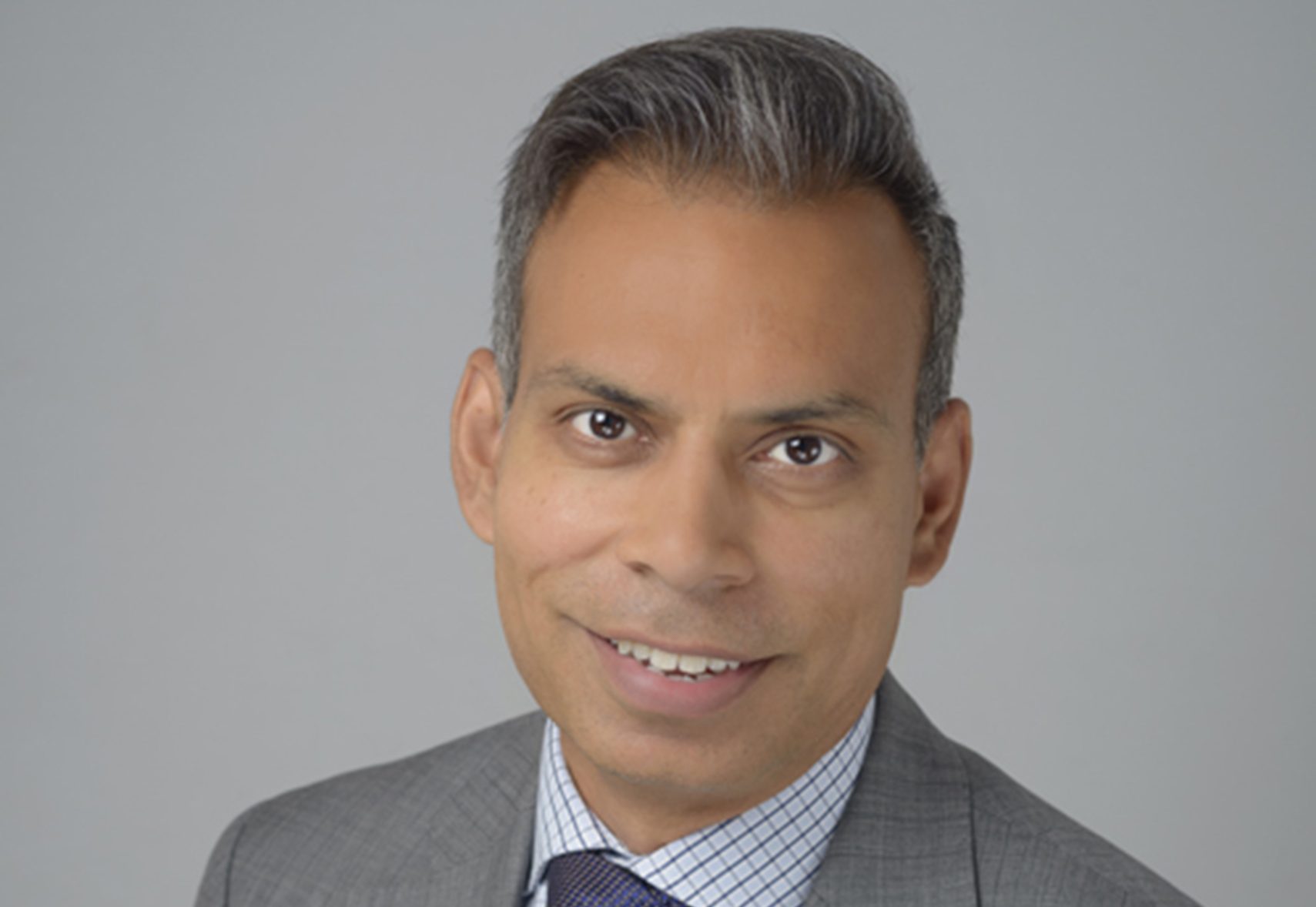
To mark World Stroke Day, Professor Pankaj Sharma, OBE, Principal Clinical Teacher at Imperial College London’s Faculty of Medicine and Consultant Neurologist at Imperial College Healthcare NHS Trust, reflects on decades of research uncovering why British South Asian populations experience stroke earlier and more severely than their White British counterparts. Through the groundbreaking BRAINS biobank, his work is revealing crucial genetic and lifestyle insights to improve prevention and outcomes.
Stroke is the third biggest killer globally, second largest cause of dementia, and the most frequent reason for disability. It consumes around 5% of the entire NHS budget. Yet these statistics are not evenly spread across different populations.
British people of South Asian heritage tend to have a worse cardiovascular profile compared to White British individuals. This is likely related to multiple factors, including poorer diets, less exercise, and delayed access to healthcare services. People from South Asia arrived in the UK in large numbers in the 1960s and 1970s. Britain is now home to one of the largest diasporas of South Asian people from the Indian subcontinent and research suggests that this population interacts more frequently with NHS services compared to equivalent White British patients.
However, in order to understand the specific needs of people of South Asian heritage, comprehensive and detailed data are needed, particularly since most of our understanding about stroke and related cardiovascular disease is based on large prospective studies of (often middle-class) White individuals, typically from the United States. Realising the lack of quality data, I set out around 15 years ago to establish a biobank for stroke in South Asian people. It started slowly but rapidly expanded with recruitment taking place across England, India, Qatar and Sri Lanka. Its unique focus on ethnic minorities attracted multimillion dollar funding. The BioRepository of DNA in Stroke (BRAINS) has now become one of the largest such biobanks in the world.
 Final year medical student, Harroop Bola, and Founding Chair of the British Indian Medical Association, which received the Diana Award last year, shares how the association fosters mentorship, education, and leadership for medical professionals from Widening Participation backgrounds. He highlights BIMA’s impactful initiatives, from academic workshops to community support, inspiring the next generation of changemakers in the NHS and global healthcare.
Final year medical student, Harroop Bola, and Founding Chair of the British Indian Medical Association, which received the Diana Award last year, shares how the association fosters mentorship, education, and leadership for medical professionals from Widening Participation backgrounds. He highlights BIMA’s impactful initiatives, from academic workshops to community support, inspiring the next generation of changemakers in the NHS and global healthcare. 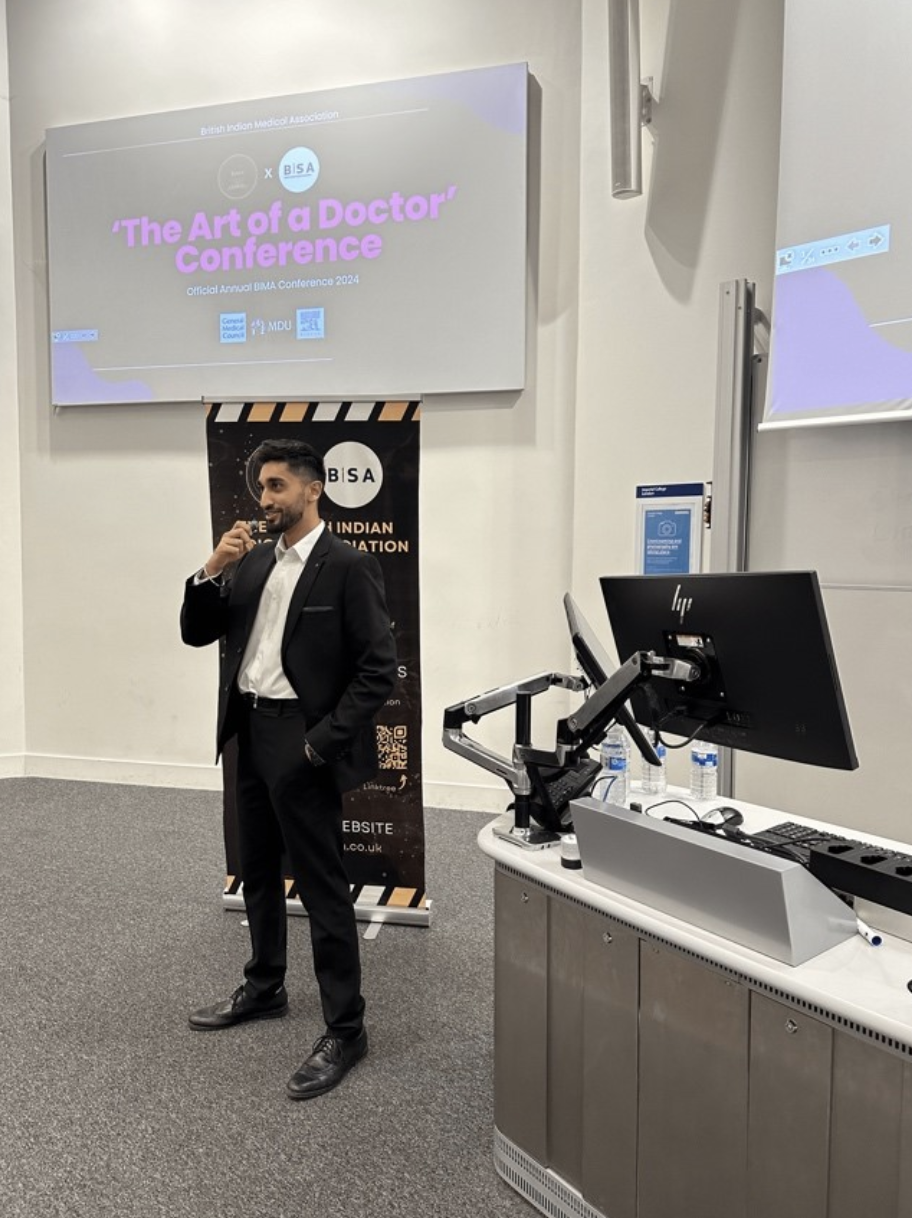




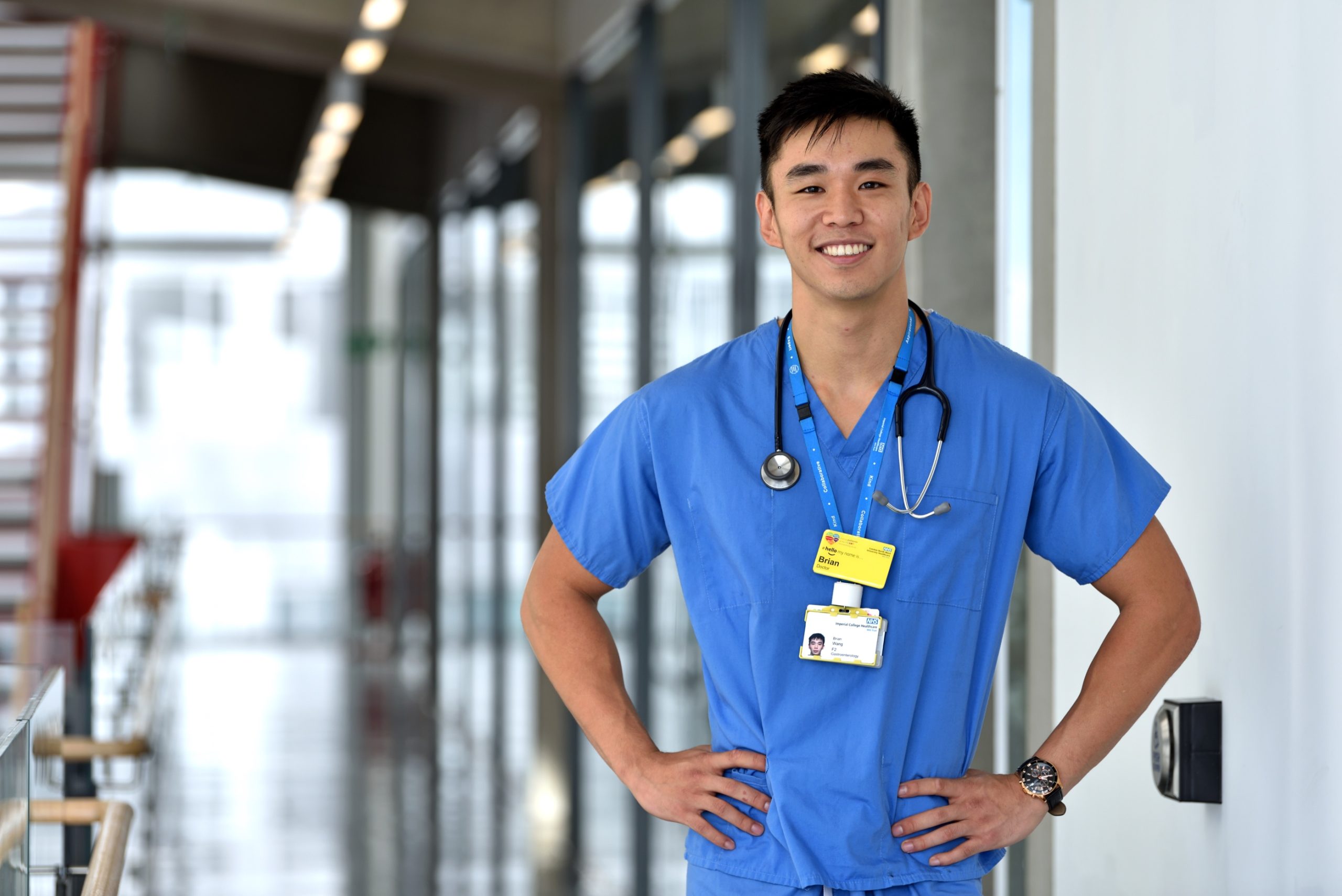
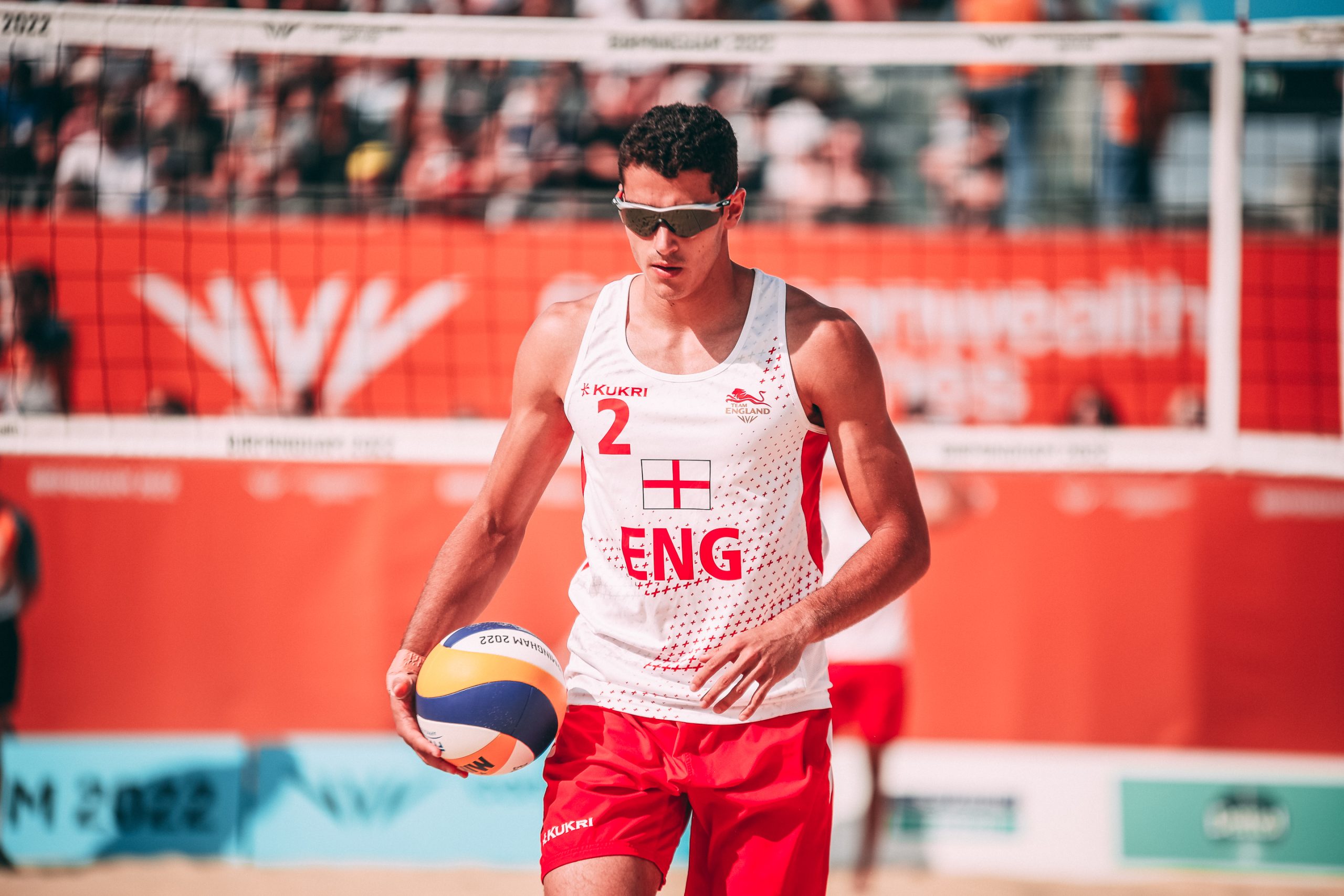
 How do you engage members of the public with medical research? Dr Emma Smith, HIC-Vac Network Manager, outlines how consulting the public was crucial during the world’s first COVID-19 human challenge study.
How do you engage members of the public with medical research? Dr Emma Smith, HIC-Vac Network Manager, outlines how consulting the public was crucial during the world’s first COVID-19 human challenge study.